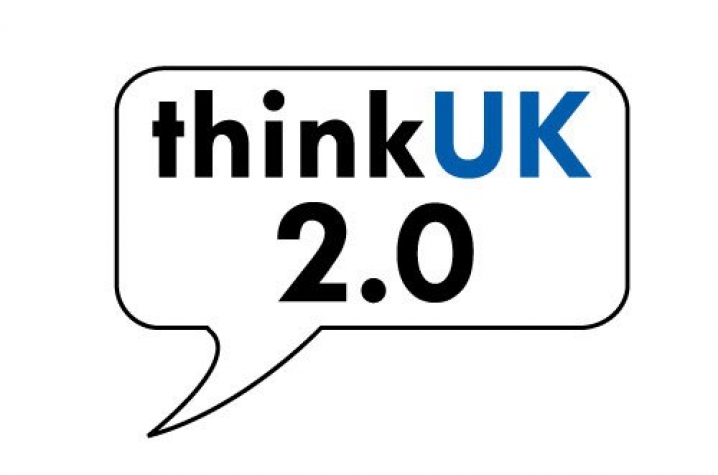Campus Challenged to 'ThinkUK 2.0'

LEXINGTON, Ky. (Jan. 14, 2011) —The University of Kentucky executive administration recently unveiled to the campus community the ThinkUK 2.0 Initiative.
The initiative is viewed as a unique opportunity to redesign UK as a flagship university for the future, and in doing so to address the constraints the university continually faces with the institution’s budget. Administrators see it as an opportunity to exert more control over the institution’s destiny rather than being forced solely to react to the vagaries of state and national economies. More specifically, the near-term goal is to generate resources for UK’s highest priorities.
As described in an earlier email message to the entire campus, the ThinkUK 2.0 Initiative is designed to generate ideas from faculty, staff and students. Faculty, staff and students were asked to suggest both major reconfigurations and modest innovations, all with an eye toward improving effectiveness, reducing costs, and generating additional revenue.
The reaction was immediate and so encouraging that some ideas, originating in sectors all across campus, have already been undertaken or implemented.. Just a few examples include:
* An energy-savings retrofit of 61 campus buildings totaling 5.2 million square feet has just been announced. The overall project is funded by UK-issued bonds valued at $25 million, a cost that will be paid off through the anticipated savings from the project which totals $2,430,000 annually.
* In an effort to improve time-to-degree by providing flexible scheduling options to UK students during the summer months, last summer the College of Arts & Sciences offered 28 online courses. Approximately 1,600 students enrolled in these courses, all of which were taught by full-time faculty. The online initiative generated more than $1.5 million in tuition revenues. For summer 2011 an additional 25 courses have been proposed, bringing the total offering to 53 courses from across the departments and interdisciplinary programs within the college.
* An office supply cost containment program has been implemented and is already succeeding. The average monthly expenditure for office supplies for calendar year 2010 was $387,000. In September 2010 the monthly expenditure was $402,000. In October 2010 (the first month of the program) the total expenditure decreased to $289,000.
* The Office of the Registrar has implemented a direct deposit program for student refunds. Direct deposit is more efficient for students because they can access their funds faster (usually in two days), it will save UK more than a dollar per check, and it will eliminate paper waste from the more than 40,000 refund checks issued each year. In addition to getting money to students faster, online direct deposit offers enhanced security.
These are only a few examples of what the innovations of faculty, staff and students can bring. The entire campus community is now being asked to participate in this program. Faculty and staff can offer suggestions to a dean, chair or unit head. Students can give input to a faculty or staff member. Anyone can submit ideas through the ThinkUK 2.0 website. Those who use social media can visit and “like” the official Think UK 2.0 Facebook Page or follow on Twitter.
The website will be continually updated with new ideas and with innovations that are being implemented. The University Senate recently offered a lengthy list of valuable suggestions, and administrators encourage more such communications.
“We can either be victims of the current financial landscape or we can exert deliberate and creative efforts to control it. Our choice will be evidence of our measure as a flagship institution and our determination to continue on the path to greater achievement and national prominence,” said UK Provost Kumble R. Subbaswamy.




